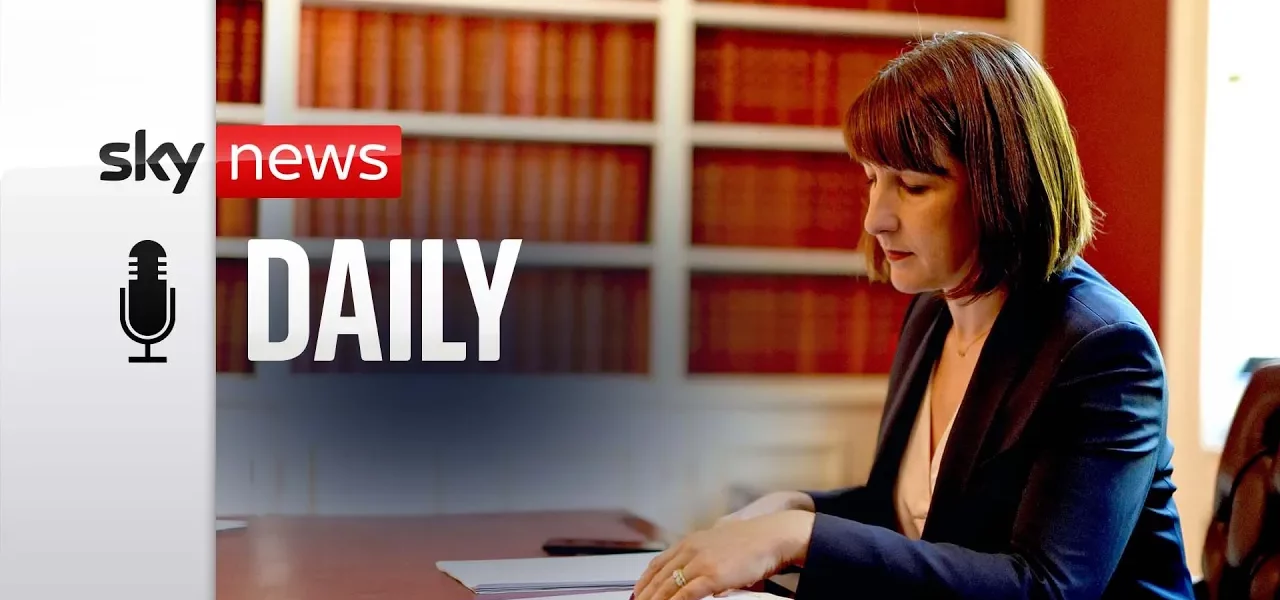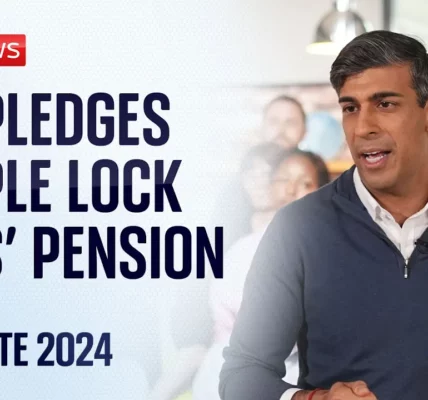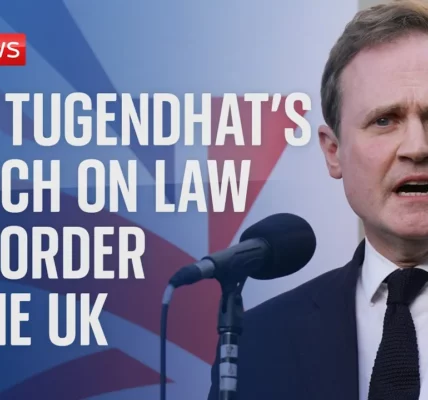The UK’s First Female Chancellor: Rachel Reeves and the £22 Billion Black Hole

On a pivotal day in British politics, Rachel Reeves, the UK’s first female Chancellor, addressed the House of Commons regarding a shocking £22 billion black hole in the nation’s public finances. This article delves into her statements, the figures involved, and the potential implications for the government and public services.
Introduction
Rachel Reeves has made history as the first female Chancellor of the Exchequer in the UK, and her inaugural address was both significant and controversial. Accusing the Conservative party of a cover-up regarding the financial state of the nation, she revealed a £22 billion gap in public finances that she claims was unexpected. This moment not only marks a new chapter in UK politics but also raises critical questions about fiscal responsibility, political strategy, and the future of public services under her leadership.
The £22 Billion Black Hole
Reeves’ announcement of the £22 billion black hole has set the stage for intense scrutiny of the government’s financial management. To understand the gravity of this figure, we need to contextualize it within the broader scope of public finances.
Contextualizing the Figure
In the fiscal year 2024-2025, the UK’s total tax receipts are forecasted to be approximately £1.2 trillion. While £22 billion may seem a fraction of this total, it represents a significant amount that could fund essential public services.
- Public health services
- Education funding
- Infrastructure projects
Political Implications
The revelation of this financial gap raises questions about the previous administration’s transparency and accountability. Reeves’ claims suggest a lack of foresight and planning, which could severely affect public trust in the government.
A Breakdown of Financial Pressures
Reeves outlined various factors contributing to the £22 billion black hole, presenting a stark picture of the current financial landscape.
Unforeseen Expenses
One of the main arguments made by Reeves is that several expenses were not budgeted for, affecting the overall financial health of the country. Key areas of unexpected costs include:
- Migration-related expenses: £6.4 billion
- Public sector pay rises: £11 billion
- Costs associated with industrial action in the NHS: £1.5 billion
Potential Solutions
To address this financial shortfall, Reeves suggested several measures, although the effectiveness of these solutions remains to be seen:
- Implementing departmental efficiencies
- Means-testing winter fuel payments
- Reassessing social care reform plans
Political Strategy Behind the Announcement
Reeves’ address can be interpreted as a strategic move to solidify her position and justify potential austerity measures in the future. By framing the financial situation as a dire emergency, she may be preparing the public for tough decisions ahead.
Setting the Tone for Future Governance
This early declaration of financial distress may allow the government to implement cuts and tax rises without facing immediate backlash, as they can argue these measures are necessary to rectify previous mismanagement.
Public Reception and Political Ramifications
The tone of Reeves’ address has been met with mixed reactions. While some praise her forthrightness, others criticize the potential for it to be a mere political performance aimed at deflecting blame from the current administration.
Conclusion
Rachel Reeves’ first major statement as Chancellor has undeniably set a critical tone for her term in office. The acknowledgment of a £22 billion black hole not only highlights the challenges facing the UK’s public finances but also serves as a political tool to frame future decisions. As we approach the upcoming budget on October 30th, the pressure mounts on Reeves to deliver solutions that will stabilize the economy while maintaining public trust. The coming weeks will be crucial in determining whether her approach will resonate with the electorate or if it will lead to further political fallout.
For more in-depth analyses of the UK’s financial situation and political landscape, feel free to explore our related articles here.
“`




